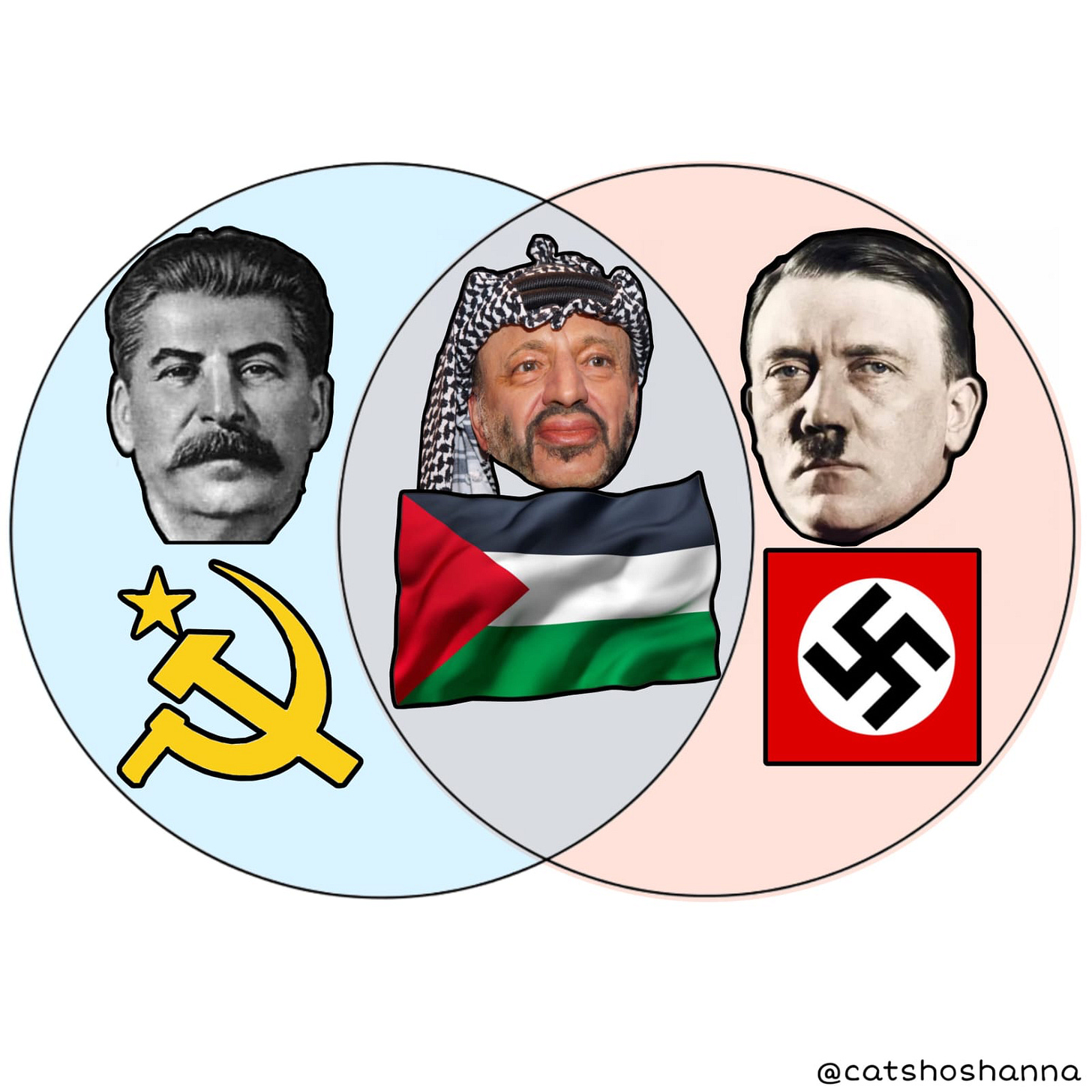The Syrian Revolution
Syria
As I’ve announced on stage (see video), the day it happened (December 8th), the Assad Syrian regime was toppled by the rebels. This is a pivotal moment in the history of the Middle East. The national socialist Ba'ath Party that controlled Syria for the last 61 years was a significant force of evil in the region. It had fought against Israel in numerous wars, and more recently, it has killed over 600,000 of its own citizens in the ongoing Syrian Civil War. This brutal war also included the use of chemical weapons.
With their swift defeat, new discoveries are being made about the depths of evil that the Bashar Al-Assad regime reached with their advanced torture facilities and prisons, which included thousands of Syrian opposition members. The Syrian civil war also caused the displacement of over 12 million Syrian civilians. By all accounts, this has been one of the most brutal and destructive conflicts of the 21st century, and the toppling of that evil regime is indeed a positive development. Particularly for the Syrian people.
However, as we are in the Middle East, it’s quite complex. We need to consider who was responsible for toppling that regime and what the potential implications are. The rapid military offensive launched from Northern Syria on November 27th, which concluded in less than two weeks and led to the complete collapse of the Syrian regime, was executed by a coalition of rebel forces. This coalition was led by the Sunni Muslim group "Tahrir al-Sham" (HTS), headed by Abu Mohammad al-Julani, who had previously been a member of Al-Qaeda, ISIS, and other Islamist terror organisations.
You might have already picked up on a disturbing outcome of this revolution.
The people who are now running Syria are, at their core, Islamists in a similar variation to that of Hamas. So, from a fundamental ideological perspective, the revolution in Syria was a replacement of a national socialist regime with an Islamist regime.
As shown in the meme above, there isn’t much difference between the two ideologies. The question that still remains unclear is to what extent this new regime will practice Islamism, i.e., will implement Sharia law, and possibly fight Israel. It’s still too early to tell.
From the start, al-Julani has put on a show, portraying himself as a moderate, a man who seeks peace and wants to unite Syria, a country that is quite ethnically and religiously diverse. So far, he has claimed that he doesn’t want a war with Israel, that he wants to protect minority rights, and that he wants a council selected by the people to run Syria.
If he pursues this path, Syria will surely move in a positive direction. Given his track record, however, I find it rather questionable that he will indeed be such a ‘moderate’ force.
Israel
It’s not a coincidence that the rebel attack was launched on November 27th. On that same day, the ceasefire agreement between Israel and Lebanon took effect, essentially pulling Hezbollah out of the conflict. It was the perfect moment for the rebels to attack, as Hezbollah was the only force capable of stopping their advance to Damascus.
The previous Syrian regime was a close ally of Iran, Israel’s largest adversary. Massive amounts of weaponry were transported to Lebanon from Iran via Syria, which resulted in countless Israeli air strikes in Syria during the civil war. Iranian militias were stationed in Syria and fought alongside Hezbollah with the Assad regime in the civil war. Therefore, this new Syrian regime hates Iran (supposedly, I wouldn’t be surprised if they suddenly make ‘peace’).
Normally, an Islamist group such as HTS would hate Israel’s guts, and I’m sure they do, but in this particular geopolitical scenario, it happened that they both share enemies, and they both inadvertently helped promote each other’s interests. Israel helped HTS to defeat Assad by dramatically weakening Hezbollah, and HTS helped Israel by kicking a major Iranian presence by the Israeli border.
Not wanting to take any risks, immediately following the collapse of the Assad regime, Israel invaded the buffer zone in its border region with Syria and carried out hundreds of airstrikes against strategic military targets of the Syrian army to prevent the capture of such equipment by the rebels (something that even America didn’t do in Afghanistan when they effectively gifted the Taliban an unbelievable amount of high-quality American military equipment).
So far, we haven’t heard any dramatic major responses from al-Julani regarding the Israeli invasion and airstrikes.
Conclusion
These are exciting times of change in the Middle East. A significant force of evil has been eliminated. This is a significant blow to the evil Iranian regime and a victory for the Syrian people.
It remains to be seen how bad this regime will be. In the short term, it will certainly be an improvement, particularly for Israel’s war. In the long term, there’s a significant chance that HTS will go back to its Islamist roots and try and establish an Islamic theocracy, a thing that would be an abomination for the Syrian people and Israel.
Thank you for reading Philosophy: I Need It. If you enjoyed it and want to see more content, consider supporting me by clicking the button below. Every dollar counts.



